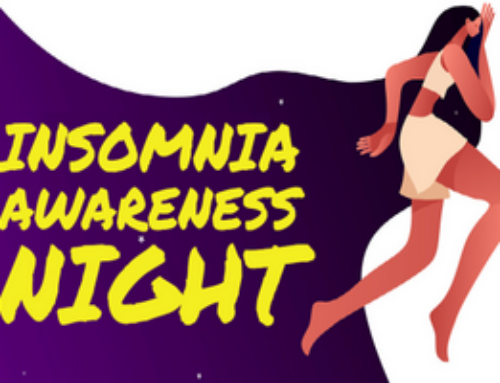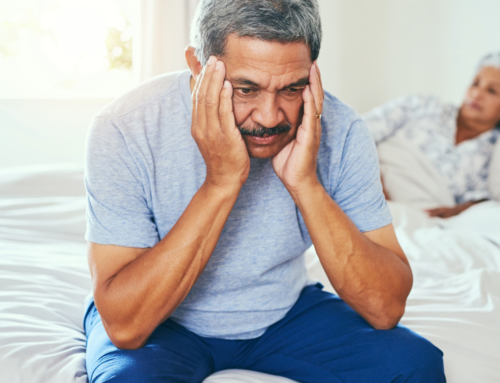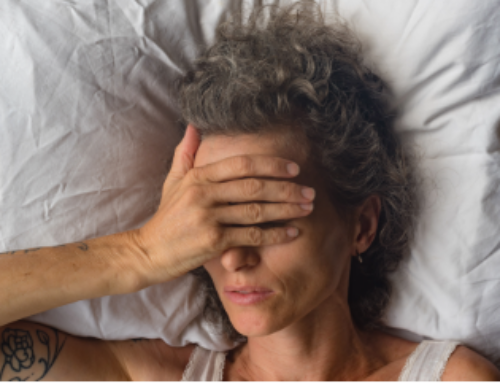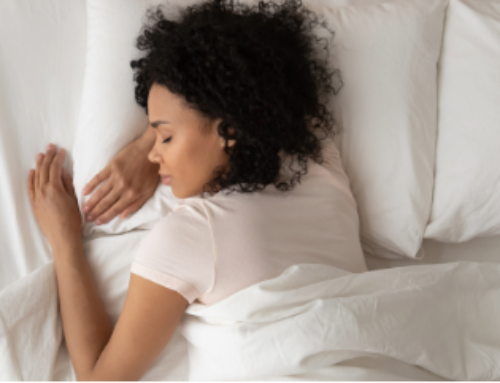In honor of Valentine’s Day, we’re taking a look back at a University of Pittsburgh study from 2009, that found that couples who sleep together have better sleep quality and experience better health.
“We discovered that these women had more restless sleep than the always married women,” said Wendy Troxel, PhD, the study’s lead author. “We speculate that these findings may reflect a ‘newlywed effect.’ These women may be less adjusted to sleeping with their partner than the ‘stably married’ women.”
This study, which originally was published in the July 2010 issue of the journal SLEEP, involved 360 middle-aged women with an average age of 51 years. They reported their relationship status at annual visits. Their sleep also was monitored for three nights.
Results show that women who were stably married had better subjective and objective sleep than unmarried women. Women who lost a partner during the eight-year follow-up period had the worst sleep.
The sleep of women who gained a partner during the study was similar to that of women in stable marriages. But study author Wendy Troxel, PhD, told the AASM that newlyweds were more restless.
“Troxel and colleagues offer additional support for the notion that the underlying causes of sleep disorders are socially determined, and are a part of a causal chain between social experience and health,” Lauren Hale, PhD, Department of Preventive Medicine, State University of New York in Stony Brook, N.Y., wrote in a commentary on the study.”This idea that sleep is a mechanism through which social factors affect health considerably broadens the scope of sleep research to include social, environmental, policy and cultural factors. Studying sleep through a social epidemiological perspective may create opportunities to design treatments, policies, and interventions that may simultaneously improve population sleep and health.”
AASM encourages patients to talk to their doctors about sleep problems or visit our searchable directory of sleep centers.





